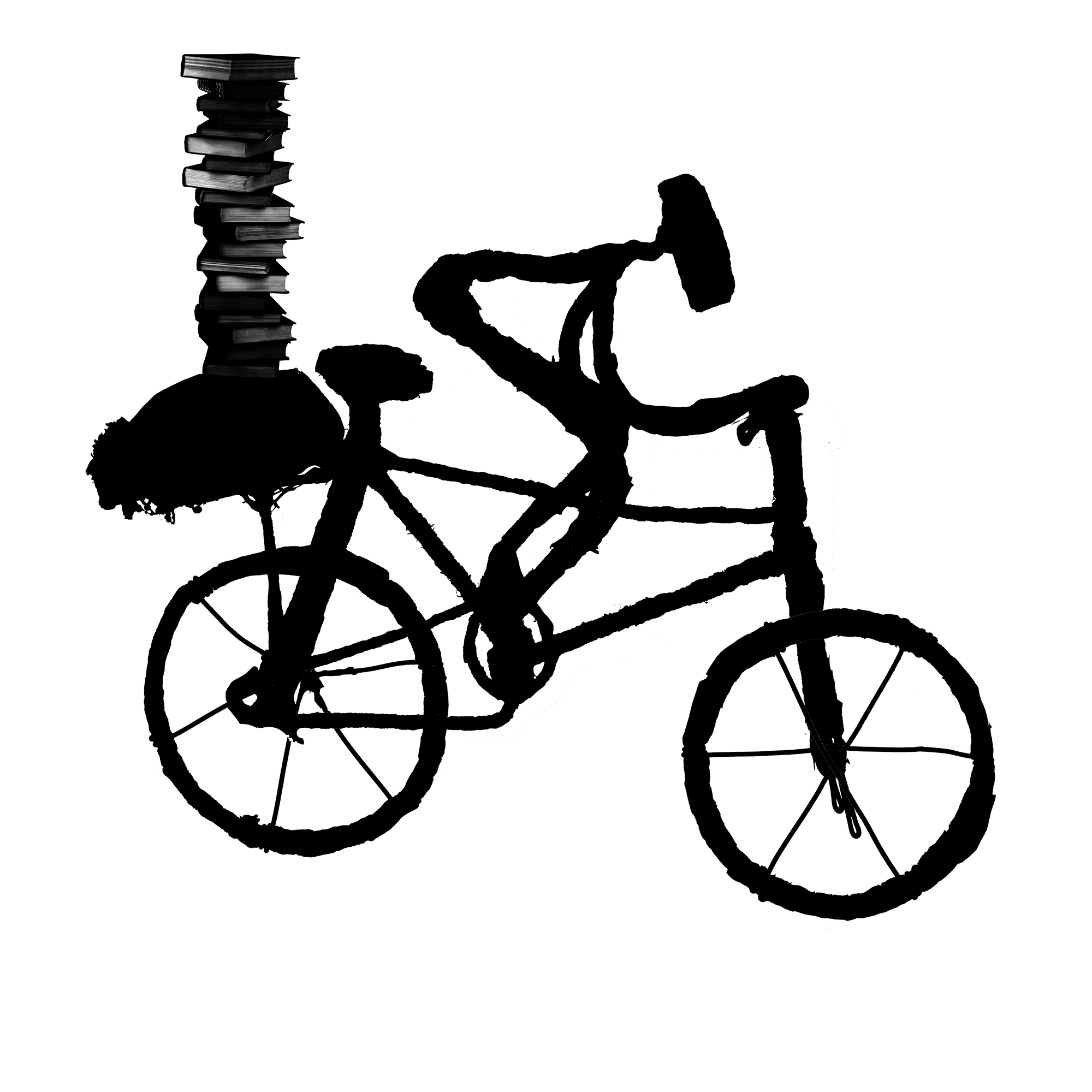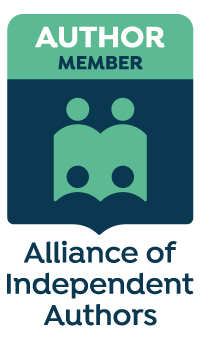I have always enjoyed writing, but most of what I have written has been non-fiction – Hong Kong Under the Microscope, blog posts, the countless reports, manuals, funding requests etc that are part of being a forensic scientist and head of a small government department. Come to think of it, the funding requests were fairly fictional.

A novel was a new venture.
I had the idea for the story of Rare Traits in early 2009. It wasn’t the first idea I’d had for a novel – I have many files scattered around my computer with drafts, outlines and notes for several books – but on balance, this was the idea I was most excited about.
So I started drafting ideas, characters and scenarios and gathering information. Some of the plot involves genetics, so I had to dust off my DNA files. The story is set in many places, some of which I’d never been to, so they had to be researched. There is a strong emphasis on Renaissance art for which my time working in a restoration studio was going to be useful.
Old Yet Young
Central to the story is the concept of what it would be like to be hundreds of years old and yet remain youthful. Not immortal – Rare Traits isn’t a fantasy novel – just very old. However, unlike in many novels where centuries-old find their longevity weighs heavily on them and they often end up with a yearning wish to die, I didn’t think that should necessarily be the case.
We think that to be centuries old would set someone apart, make them reclusive and avoid relationships. Perhaps that is because we are looking at their life from our point of view. We think that if we were, say, six hundred years old, most of that time would have been some form of dotage. But John Andrews has never felt old. Once he reached his thirties, he retained the health and vitality of a man of that age no matter how old he became chronologically. His norm is living a life in the knowledge that those around him will grow old while he doesn’t, and then moving on. Part of his ‘condition’ is a very acute memory. He explains at one point in the book that the various wives and children he has had are all still there in his mind and always part of his life. Beth might have died in 1580 but she is as alive for John as his present-day wife, Lola.
A beginning…
I reached a point where I had generated thousands of words of notes that were becoming so detailed that I might as well start writing. So I did. I opened up Pages on my Mac and typed: Chapter One.
Of all the pages, chapters and scenes in the book, I don’t think any part has been revised, rewritten and rethought more than that first page. I felt like the chap in Camus’ La Peste who never got his story beyond the first sentence in the Bois du Boulogne. I’m still not happy with it!
As the chapters started to accumulate, I kept looking at the word total and thinking ‘Wow! Have I really written that much?’ I had no real idea how long a novel should be but based on the sort of books I read, I thought around five hundred pages should be about right. But the plot is relatively complicated and for each chapter there were new characters, sub-plots and places. The word count kept rising.
…and an end
A little over eighteen months later, in July 2011, I finished the final chapter and thought, “Right, that’s it, I’ve done it. Just a quick final proof-read and we’re away.’ Gail, my wife, had been proof-reading each chapter as it was finished and been saying for a while that she thought the story was getting a bit long. ‘How could my baby be too long’, I thought, ‘it’s only, er, four hundred thousand words, which is roughly – gulp – 1300 pages!’ Ah, perhaps it could be a tad long.
However, I wasn’t totally convinced and instead of setting about revising it, I passed the draft onto a few kind friends who volunteered to read it. Opinions were favourable – great idea, very original, would make a good TV series … but don’t you think it’s rather long?
At that stage, I was still more obsessed with typos and grammar than length of novel. And there seemed to be an ever-increasing number of typos. The more it was corrected, the more I kept finding. I read it, re-read it, read it out loud, read it reverse chapter order, fed it through proof-reading programs, and every time when I thought I’d sorted the typos, the next time I picked it up, there were more. I became convinced that my computer was scrambling words in the night.
In retrospect, I was suffering from the blinkered thinking that many first-time authors suffer – I’ve written all those words, they’re good, and they deserve to stay!
It was a few more months before the watershed happened. More of that in another post.



